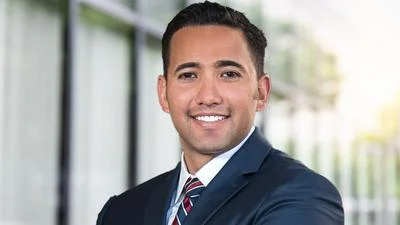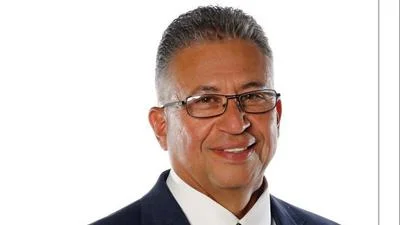On July 18, 2023, the state of New Mexico revealed the availability of $10 million in funding to be distributed among district attorney's offices throughout the state. This allocation aims to address the backlog of approximately 5,000 outstanding felony warrants, supporting efforts to enhance the efficiency and effectiveness of law enforcement and judicial processes, according to a press release.
"Just like with our pretrial detention motions, this money for warrants will help us get violent individuals off the streets," Bernalillo County District Attorney Sam Bregman said.
Half of the funding will be directed to the Bernalillo County District Attorney's office, while $1 million will be allocated to each of the three next largest judicial districts: the 1st Judicial District, the 3rd Judicial District and the 13th Judicial District. Additionally, the remaining nine judicial districts will receive $2 million distributed on a per capita basis. This strategic funding plan aims to enhance the capacity of district attorney's offices, expedite the processing of felony cases and ensure justice is served efficiently for the benefit of New Mexico's communities, according to the press release.
“The District Attorneys are excited to collaborate with our law enforcement agencies in maximizing the warrant roundup appropriations,” said Marcus J. Montoya, New Mexico District Attorney Association President, in the press release. “Together we will identify the highest priorities to best ensure accountability and public safety. We thank Governor Michelle Lujan Grisham and the Legislature for making this a possibility.”
“If you’re abusing the pretrial system in New Mexico: Your time is up,” Gov. Lujan Grisham added to the release. “Violent offenders and people who repeatedly violate their parole should not be able to stay in our communities freely. By giving this funding to district attorneys for the first time, we’re expecting to see more cases being prosecuted. But we still need more tools – we must pass reforms to our pretrial detention process that balance the rights of the accused and the rights of the public in the 2024 session.”









